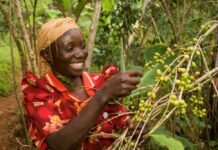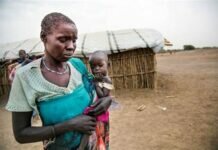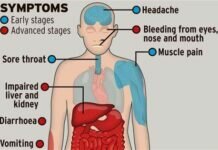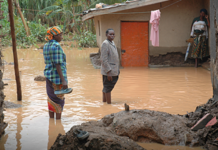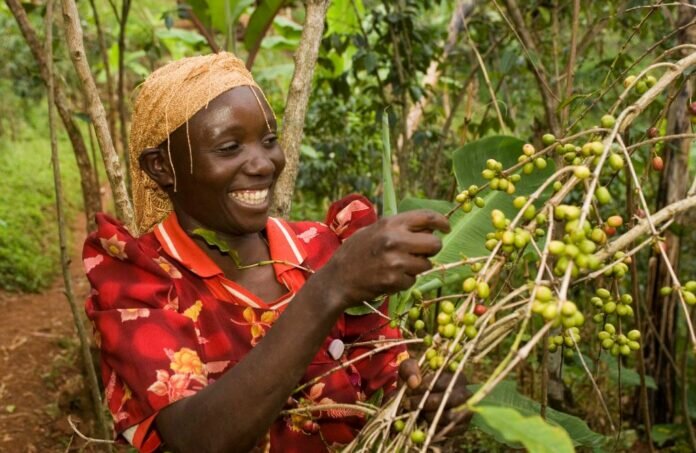The International Trade Centre’s Executive Director, Pamela Coke-Hamilton, and the President of the Latin American and Caribbean Network of Fair Trade Small Producers and Workers (CLAC-Fairtrade), Marike de Peña, convened on 19 June in Geneva to review their longstanding collaboration and future joint action to support small producers in the region.
CLAC is part of the Fairtrade system and represents approximately 1,000 Fairtrade producer organizations in the Latin American and the Caribbean, operating in 19 different countries across the region. CLAC´s mission is to represent and promote the interests, empowerment and development of its members and their communities. It offers support to smallholder farmers, using a bottom-up approach to cultivate product ownership, self-management, and value addition at origin – an approach that aligns directly with ITC’s Alliances for Action sustainable agribusiness programme.
The ITC-CLAC alliance will establish direct linkages with smallholder producers and micro, small and medium-sized enterprises (MSMEs), and capture an in-depth understanding of their needs and aspirations. ITC also seeks to leverage CLAC’s high-performance technical support in the areas of value addition and market development.
By combining the strengths of the Caribbean and Latin American organization and ITC’s Alliances for Action, the goal is to lay the foundations for sustainable agricultural value chains that offer more than a commodity export future for small producers. Producers’ empowerment, value addition, market development, local consumption and regional trade are some of the tools that can contribute to more value upstream of global agricultural value chains.
This partnership complements ITC’s existing partnership with Fair-Trade Network organizations Fairtrade Max Havelaar and Fairtrade international, with whom ITC has signed a non-financial memorandum of understanding and is working towards similar objectives.
A partnership with meaning
Value Addition, crop and product diversification and market development are at the heart of ITC and CLAC’s joint work in the African and Latin American coffee sector and in the Caribbean region’s cocoa and coconut sectors.
Alongside these agribusiness initiatives, ITC is working with CLAC and other partners on convening an inclusive collaboration between buyers and their value chain partners and stakeholders on the practicalities of implementing mandatory human rights and environmental due diligence, to surface concrete ideas, innovations, policies and tools and identify accompanying measures and support to producers that will help them operationalize the directive’ requirements.
Another important dimension of the ITC-CLAC partnership is the promotion of South-South collaboration between CLAC and ITC-Alliances for Action agribusiness network members. This includes knowledge transfer, partnerships for development and commercial linkages for regional and international trade.
ITC and CLAC-Fairtrade have a consolidated partnership and years of collaboration promoting better and more diversified trade as well as more resilient and competitive producers. This visit was an opportunity to look back at what has been achieved so far, but also to look at what lies ahead. How to turn producers’ challenges into opportunities, and how to promote social, economic and environmental justice for the producer families and communities are some of the tasks at hand.
This joint work is happening in the framework of the Alliances for Caribbean Coconuts, Alliances in Eswatini, ACP Business-Friendly and Netherlands Trust Fund V programmes, backed by donors including the European Union, the Organization of African, Caribbean and Pacific States, CARIFORUM, and the Dutch Ministry of Foreign Affairs.


